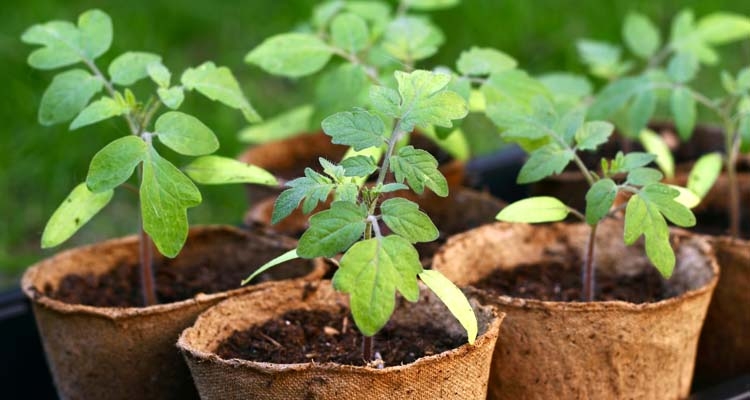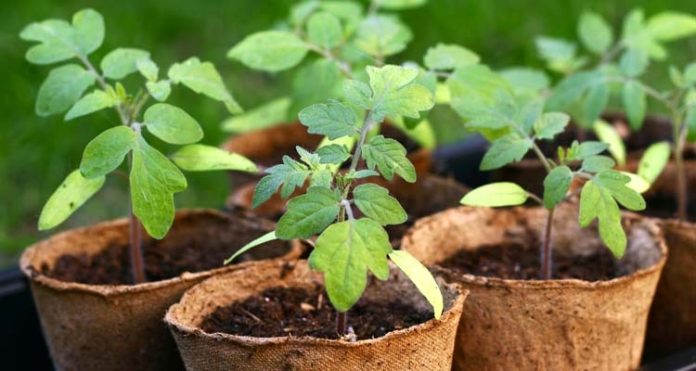Gardening is a fantastic and worthwhile hobby as it provides you not only with a creative outlet, but also with fresh produce for you and your family to enjoy. Getting started may provide some challenges, as there are several nuances to successful gardening. This article is meant to provide you with the requisite knowledge to ensure you get the most from your garden.
The fall season has arrived and the task of emptying our container gardens is at task. However, instead of storing your clay pots in a garden shed for the winter season, why not replace the summer annuals with edible fall vegetables. Having mums in your favorite clay pot signifies fall, however, consider adding alternative edible plants like leafy lettuces such as arugula, endive, bok choy and radicchio. When it is time for a quick salad, simply snip a few leaves, and you will instantly have delicious ready to eat salad.
Remember to aerate your soil. If you loosen or puncture the soil, it will increase air permeability and water penetration. Aerating can be as simple as turning the soil over with a trowel, or in the case of lawns, making small holes in the grass. This can be done with an aerating machine, a garden fork, or even by walking on the grass wearing a pair of spiked golf shoes. This brings oxygen into the roots and promotes healthy new growth.

If you are intending on getting into gardening, be sure to purchase the right tools and equipment necessary to do all the tasks. This will help insure that you do not end up ruining your garden by using improper tools and wasting a lot of time and energy for naught.
Plan your gardening accordingly to the weather. If you live in an area where the ground freezes during the winter, do not plant anything before frost is expected. If you live in a warmer area, take a break during the warmest months of summer to avoid wasting too much water.
A great tip to having a fantastic garden is to be realistic. When shopping the glossy packages of seeds are very appealing, yet many of them only grow in specific climates. Be realistic to what grows in the area and do not plant items that do not grow well. It is so disappointing to plant a garden and have almost no fruits and vegetables come from it.
When you are trying to decide your plant watering schedules, make sure you are testing your soil regularly. Persistent over-watering is just as likely to kill your plants as under-watering. An easy way to check is to put your fingertip in the soil, if it is moist, do not add water.
Find out if the plants you have in your garden have special fertilizer needs. Some plants like slow-release fertilizers, while others prefer nitrogen-rich foods. Most like to be fertilized during the high point of their growing season. A little education will go a long way to improving your garden.
Be careful how you water your garden. You can save time by using soaker hoses when watering plants. By doing this, you won’t need to water your plants individually. To avoid damaging delicate plants, you should water them with low pressure. Allow the soaker to stay on for a few hours, so your plants can receive water while you tend to other tasks.
Did you know that cute lady bugs are beneficial to plants because they kill harmful aphids? Lady beetles, also known as ladybugs, eat large numbers of aphids throughout its life. One beetle can eat 5,000 aphids! You can purchase ladybugs at a garden center, or through online resources, if you don’t have any in your garden. Plants love ladybugs!
To make a garden complete do not forget points of interest. Section off and divide a large yard into several different areas by using points of interest such as benches, water features, and yard art. It will enhance an already wholesome atmosphere and making it the outdoor room of your home.
If you live in the city, you can still reap the benefits of organic gardening through container gardening. Herbs especially will thrive in indoor pots, as long as they are large enough. Container gardening can be easier than outdoor gardening when going organic, as there is less risk of exposure to insect pests or weeds.
Water your organic garden with storm water runoffs and collected rainwater. Rainwater is more pure and better for plants than home tap water, because it won’t contain chemicals such as chlorine or fluoride. Using rainwater also helps in reducing your overall water usage. Rainwater can even be stored in barrels or cisterns to be used during dry spells.
From the simplest of gardens to the most grand, there are always rules of thumb that will help ensure you get the best possible results from your garden. By following the tips and advice from this article you will be well on your way to enjoying the fruits, and vegetables, of your labor.


